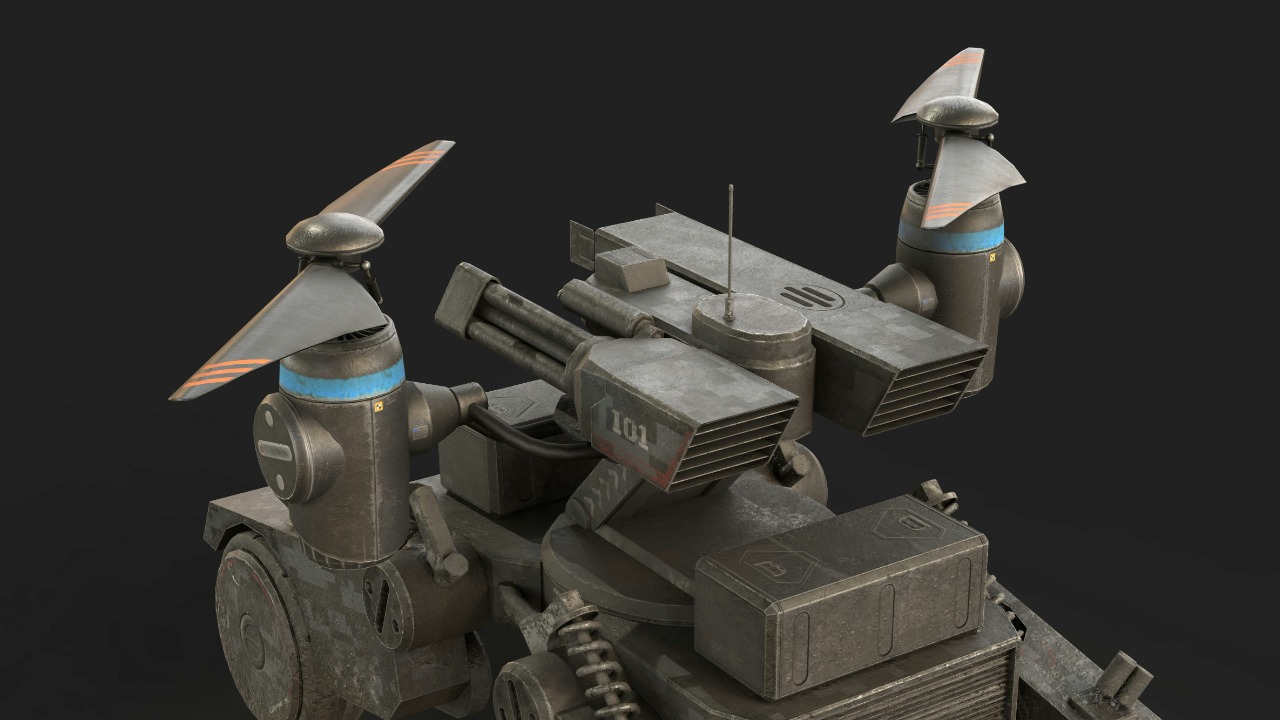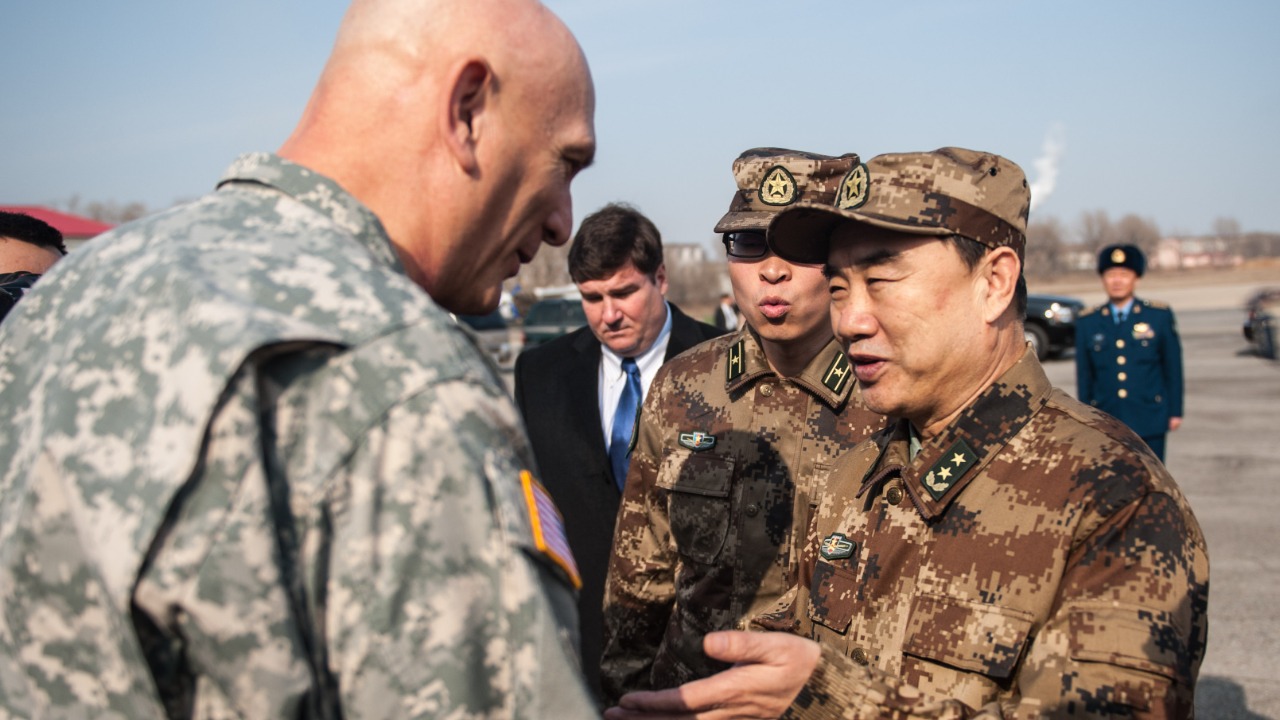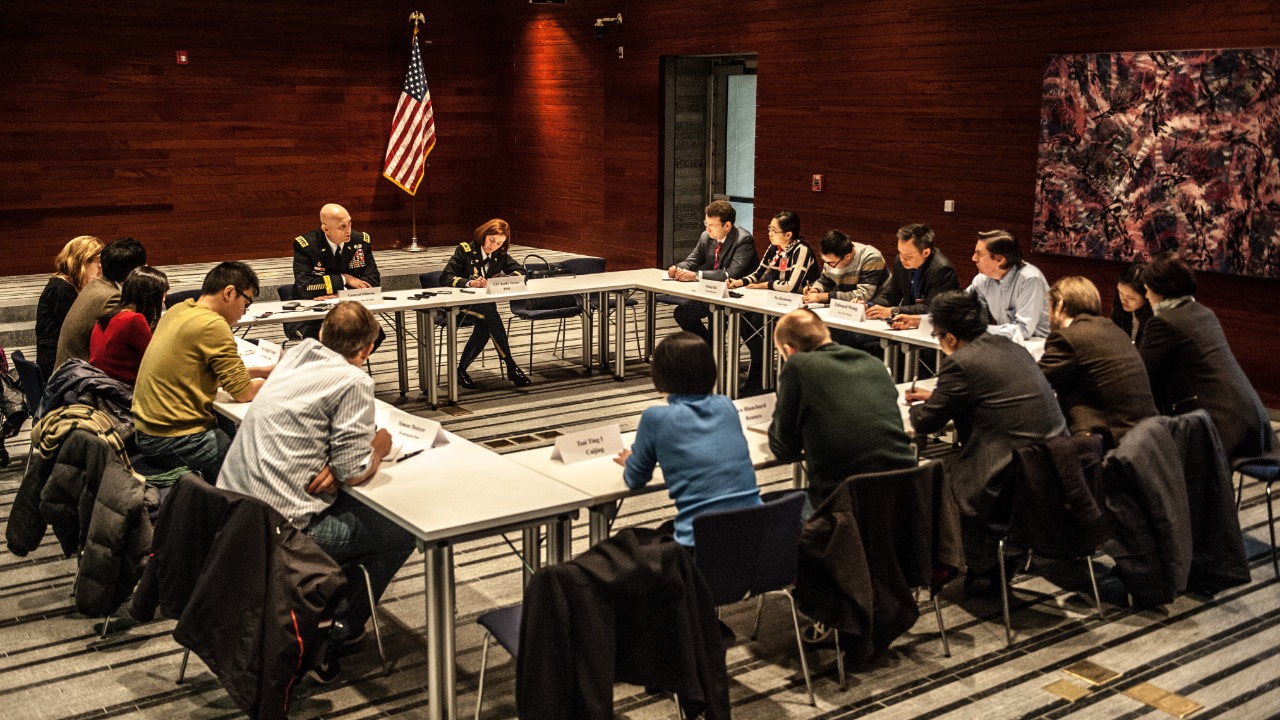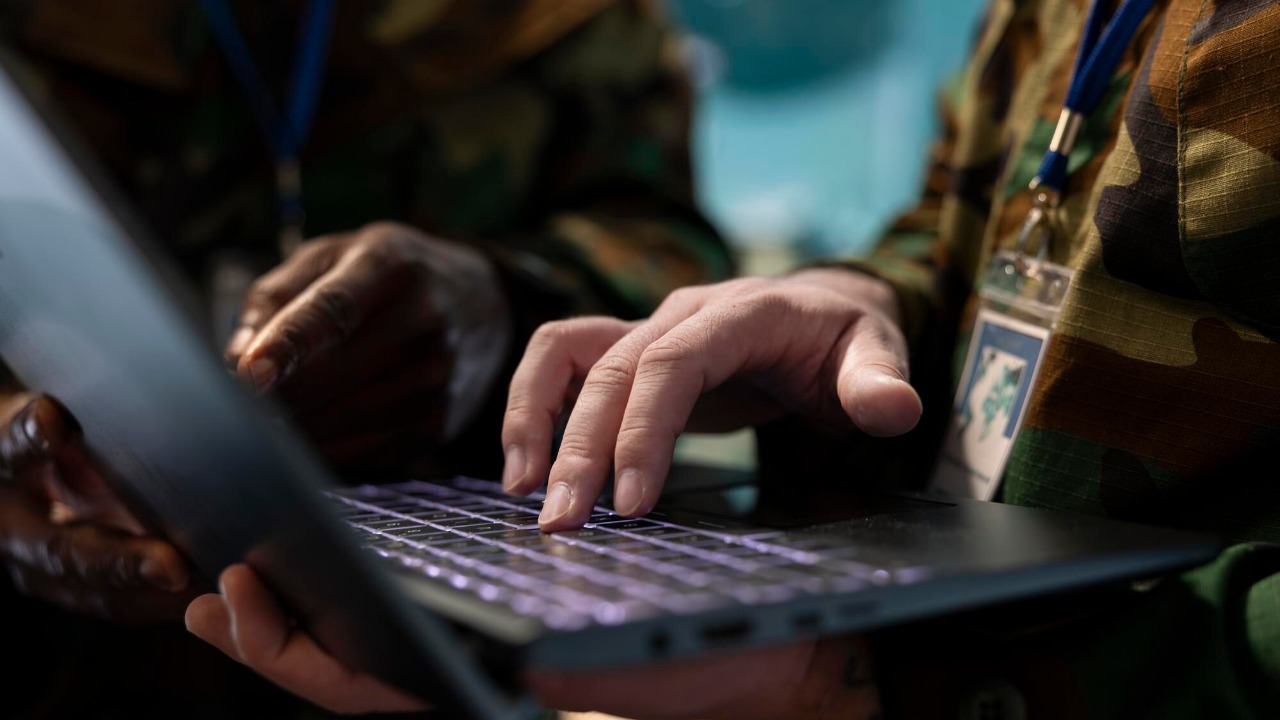China has taken a significant leap in military technology by launching a robot equipped with advanced combat AI. This development has sparked discussions globally about the implications for warfare and AI ethics. China’s latest technological breakthrough could redefine military dynamics worldwide, reshaping the landscape of international security and cooperation.
The Technological Leap: Understanding the Combat AI

The combat AI integrated into China’s new military robot is a remarkable feat of engineering and artificial intelligence. It employs advanced machine learning algorithms that allow it to process vast amounts of data and make autonomous decisions in complex combat scenarios. This AI not only navigates autonomously but also identifies threats and selects appropriate responses, adapting to changing environments in real-time. The robot is designed to operate with minimal human intervention, using sophisticated sensors and imaging technologies to enhance its situational awareness.
The development and testing of this combat AI system have been exhaustive. Over several years, Chinese tech firms collaborated with the military to refine the robot’s capabilities. The testing phases included simulations and live exercises to ensure the AI could handle various combat situations. The rigorous development cycle demonstrates China’s commitment to integrating cutting-edge technology into its military arsenal. This collaborative effort underscores the fusion of civilian and military innovation, which has been a hallmark of China’s technological strategy.
In comparing China’s combat AI with global standards, it becomes evident that the nation is on a competitive footing with other military superpowers. Countries like the United States and Russia have also been advancing their military AI technologies, focusing on similar capabilities such as autonomous navigation and threat assessment. However, China’s integration of AI in its military robots may offer advantages in terms of speed and adaptability. While some experts argue that China might face challenges in maintaining the AI’s reliability under combat stress, others see this as an opportunity to lead in AI-driven warfare innovations.
Strategic Implications for China

This technological advancement is a critical component of China’s broader military modernization goals. As the country aims to become a global leader in AI, the integration of combat AI into its military arsenal signals a strategic move to enhance its defense capabilities. This aligns with China’s objectives outlined in its military modernization strategy, which emphasizes technological superiority as a means to achieve greater geopolitical influence.
The introduction of AI-equipped military robots has profound implications for regional security dynamics in Asia. Neighboring countries, such as India and Japan, are likely to reassess their military strategies and alliances in response to China’s advancements. The deployment of such technology could lead to a shift in military alliances and heighten tensions in the region. As China continues to enhance its military capabilities, other countries may feel compelled to accelerate their own AI developments to maintain a balance of power.
Beyond military implications, there are significant economic and political motivations for China to pursue advanced military AI technologies. The development of such technologies boosts China’s tech industry, creating new jobs and fostering innovation. Politically, the successful deployment of AI in military applications can bolster China’s standing on the global stage, demonstrating its technological prowess and strategic foresight. This advancement also aligns with China’s broader economic goals of becoming a leader in high-tech industries.
Global Reactions and Ethical Concerns

The launch of China’s combat AI robot has elicited varied reactions from major global powers. The United States and European countries have expressed concerns over the potential for an AI arms race, fearing that such advancements could destabilize global security. These nations are closely monitoring China’s technological strides, weighing the implications for their own national security and defense strategies.
Ethical considerations are at the forefront of debates surrounding the use of AI in combat. Key issues include accountability and decision-making in life-and-death situations, as well as the potential for AI malfunction. The prospect of machines making decisions that could lead to loss of life raises profound ethical questions. Critics argue that AI lacks the moral and ethical judgment required in warfare, leading to concerns about unintended consequences and collateral damage.
Creating international regulations for AI in warfare presents significant challenges. Enforcing such regulations requires global cooperation, yet differing national interests and technological capabilities complicate the process. The need for a comprehensive framework is evident, but achieving consensus on the rules governing AI in military applications is a complex endeavor. The international community must navigate these regulatory challenges to prevent the proliferation of unchecked AI technologies in warfare.
The Future of AI in Warfare

Looking ahead, AI technologies are poised to become increasingly integrated into military operations worldwide. Predictions suggest that future advancements could include more autonomous systems capable of complex decision-making and multi-domain operations. Innovations may extend to AI-enhanced logistics, intelligence analysis, and cyber defense, transforming how military forces operate in the modern battlefield.
The long-term consequences of AI in warfare are multifaceted. On one hand, AI has the potential to enhance military efficiency and effectiveness, reducing the risk to human soldiers and increasing strategic capabilities. On the other hand, the risks associated with AI, such as autonomous decision-making errors and cyber vulnerabilities, could have profound implications for global military strategies and the balance of power. Nations must weigh these benefits and risks as they consider the integration of AI into their military frameworks.
International collaboration will be crucial in managing the rise of AI in military contexts. Dialogue and cooperation among nations are essential to ensure global security and prevent an uncontrolled AI arms race. By fostering a collaborative approach, the international community can work towards establishing norms and agreements that regulate the use of AI in warfare, promoting stability and reducing the risk of conflict. The future of AI in military applications hinges on the ability of nations to come together and address these pressing challenges.